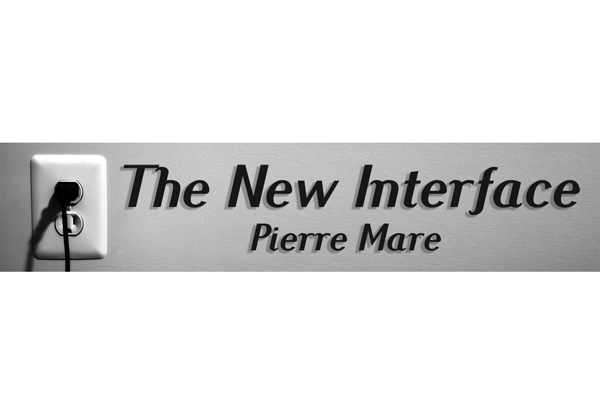
Divorce mediation can be a win-win solution that cuts financial stress and trauma

By Charmaine Burger
Old Mutual Namibia Legal Manager, Corporate Governance.
Love is what gets couples in front of the altar. But when the passion fades and relationships get rocky, the dreaded ‘big D‘ often rears its ugly head. It’s unfortunately a time when many are pressed to get as far away from each other as quickly as possible. The trouble is that when emotions take over, hasty decisions are made. It is only when things have cooled down that the actual financial cost of a divorce becomes obvious.
The costs begin with changing living arrangements, followed by legal fees. If a senior family law legal practitioner is involved, costs can range from between N$2000 and N$4000 an hour. Add the unavoidable fees of an advocate, costs rise even faster. Arguments around a divorce settlement prolong the divorce litigation process, which could result in divorce costs increasing even further. The sad reality is that stress, anxiety, and the determination to emerge a winner usually result in everyone becoming financially poorer, “the longer you disagree, the more both spouses lose.
If there are dependent children involved custody becomes a concern, and costs escalate as actions due to child or spousal maintenance battles and protection orders that must be resolved before the divorce proceedings even begin. The effect on your finances can be devastating and long-lasting.
Marriages involving antenuptial contracts often provide some financial cushion as these agreements are used to guide the distribution of assets in the event of a divorce or death. An antenuptial contract also functions as an estate planning tool that sees spouses as two separate legal entities. Securing your property or other assets before the wedding ceremony protects your assets before and during the marriage.
Nobody gets married with a divorce in mind. However, an antenuptial contract is the easiest way of ensuring that if you part ways, each partner keeps the assets they possessed before the marriage.
But the surest way of resolving this marriage crisis with dignity and enough cash to get started again is to set arguments, egos, and ill feelings aside and talk to each other. In opting for divorce, mediation can be a win-win solution that reduces stress, disagreements and reduces parting costs. The problem starts with one of the spouses trying to outsmart the other and trying to gain more assets than the other. Consider the fact that your health and peace of mind are always more important than material things.
The mediation process, through the court-appointed process or counsellor, allows spouses to work together to reach an agreement on the challenges that have emerged from the decision to divorce. All aspects of the divorce are discussed, and terms are agreed upon and presented in court. This becomes uncontested, and the official parting may be finalised within a few months at the least cost.
Mediation has several benefits: It is cost-effective and affordable; the quicker the agreement is reached, the fewer sessions are needed, and the lower the cost; having a legal practitioner or counsellor mediate means that better decisions are made; and discussions encourage mutually beneficial talks and final settlements.
Ultimately, once the decision has been taken to get a divorce, the most important discussions and disputes will be about money.
It is also advisable to re-evaluate your finances and take practical steps, including redrafting your will, and ensuring that your life insurance policy beneficiaries are appropriately updated.
Additional steps such as setting up trusts for children could also be considered and involving a qualified financial adviser and estate planner could help re-establish and improve your post-divorce life.











































